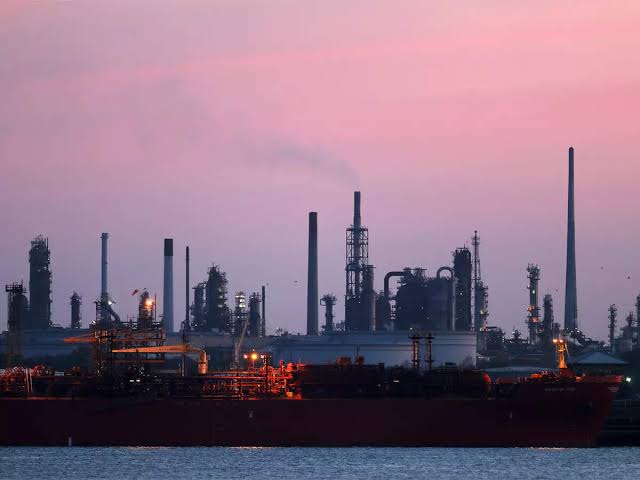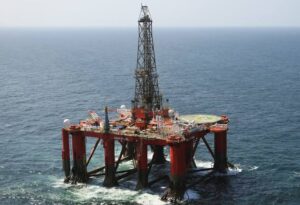A long-range Ukrainian drone strike on a key Russian natural gas facility has caused significant disruptions to energy production in neighboring Kazakhstan, industry sources revealed on Monday.
The attack targeted the Orenburg gas processing plant, one of the largest of its kind in the world, which is controlled by Russia’s state-owned Gazprom. In response to the damage, the plant was forced to halt its intake of gas from Kazakhstan’s massive Karachaganak oil and gas field.
According to two anonymous industry sources, this suspension has forced a 25% to 30% reduction in output at Karachaganak. Daily production has fallen from a typical level of approximately 35,000 tons to between 25,000 and 28,000 tons.
The Orenburg plant, located deep inside Russia approximately 1,700 kilometers from the Ukrainian border, is a critical processing hub for gas from Karachaganak. The attack is part of a broader Ukrainian campaign that has intensified since August, targeting Russia’s energy infrastructure to disrupt military fuel supplies and reduce state revenues.
The interdependence of oil and gas production at Karachaganak means the field cannot maintain normal oil output when its associated gas cannot be processed. The gas is also used to maintain pressure in the oil reservoir and for local power generation.
The Karachaganak field is operated by an international consortium that includes some of the world’s largest energy companies. Shell and Eni each hold a 29.25% stake, while U.S.-based Chevron holds 18%. Russian firm Lukoil and Kazakhstan’s national company, KazMunayGaz, own 13.5% and 10%, respectively.
This incident highlights Kazakhstan’s reliance on Russian infrastructure for its energy exports. In 2024, Kazakh authorities and the Karachaganak consortium agreed to build a new gas processing plant at the field to gain more independence. However, that project has since been suspended, and the Kazakh government is now seeking new investors to get it back on track for a potential 2028 start date.
The attack on Orenburg is not the first time maintenance or disruptions at the Russian plant have affected Kazakh output; production at Karachaganak also saw a sharp decline in September due to planned work at the facility.











